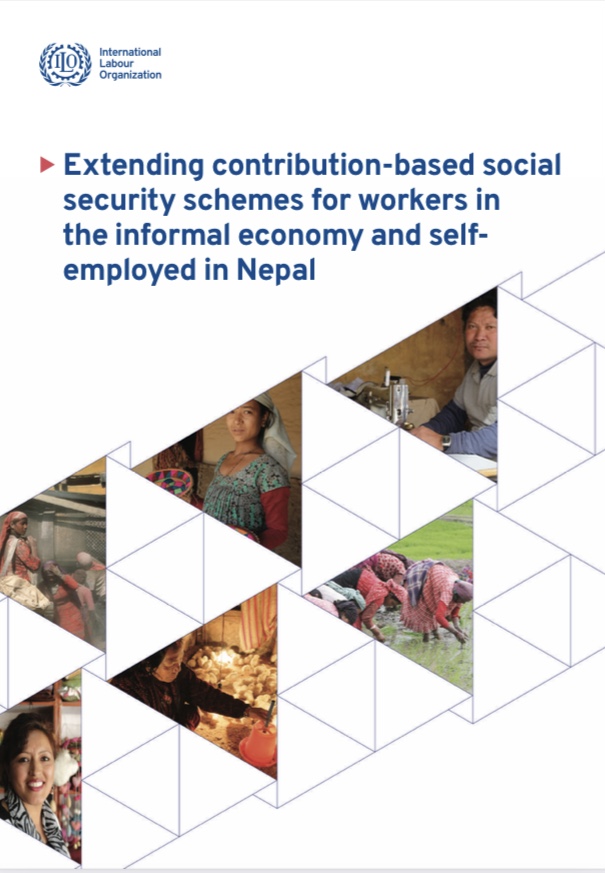Household Financial Literacy and Retirement Planning in Rural China
By Yuting Qian, Weiqiang Tan & Jingbo Wu Rural villager’s retirement is an essential issue in China. This study investigates the level of financial literacy of rural residents and its relationship with retirement planning. In-depth survey data of rural residents in the Greater Bay Area reveal that rural residents with different demographic structures have different levels of financial literacy. The empirical study finds that financial literacy is positively related to retirement planning, and this result is robust. Further research shows...










